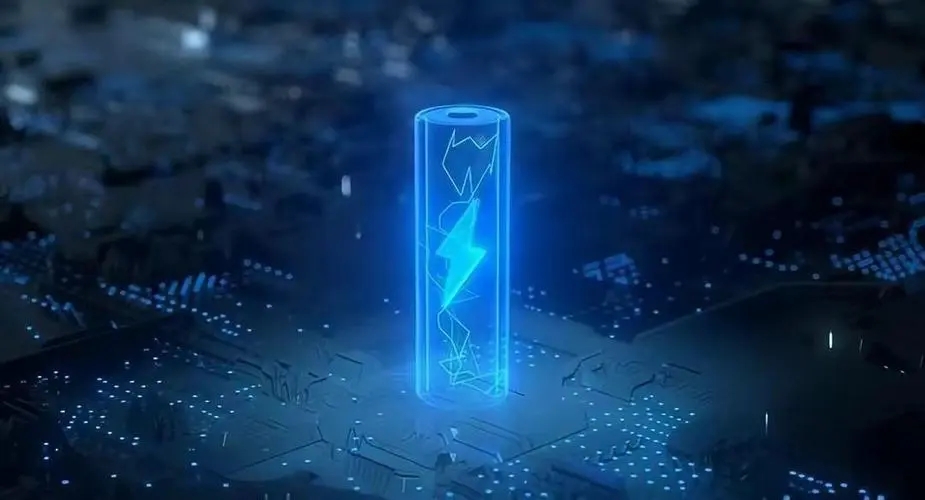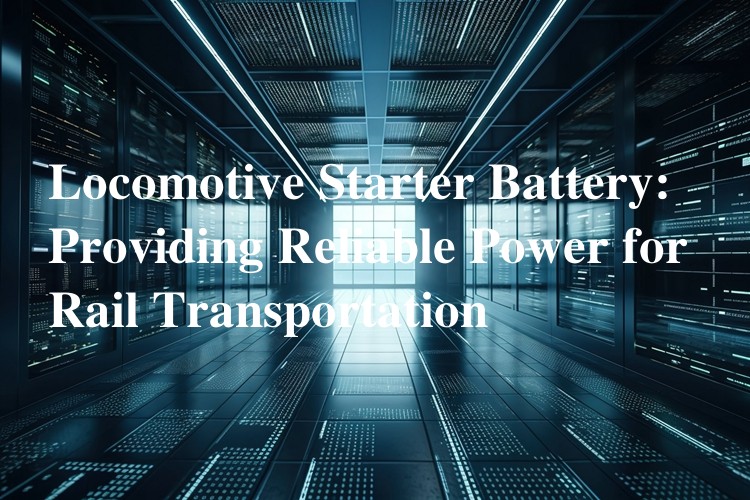Deep Cycle vs Starting Battery: What’s the Difference?
Batteries are an essential component of many devices and systems we rely on every day. From powering our vehicles to providing backup energy for our homes, batteries play a crucial role in our lives. When it comes to batteries, two common types that often get confused are deep cycle batteries and starting batteries. While both serve different purposes, understanding the difference between the two can help you choose the right battery for your specific needs.
Starting batteries, also known as cranking batteries, are primarily designed to provide a burst of power to start an engine. They are commonly used in vehicles like cars, motorcycles, and boats. Starting batteries deliver a large amount of current for a short period, typically a few seconds, to engage the starter motor and turn the engine over. Once the engine is running, the alternator takes over and recharges the battery.
Deep cycle batteries, on the other hand, are designed to provide a steady and continuous flow of power over an extended period. They are commonly used in applications that require constant power, such as golf carts, electric scooters, marine trolling motors, and RVs. Deep cycle batteries are built with thicker plates and are designed to withstand multiple discharge and recharge cycles. Unlike starting batteries, deep cycle batteries can be discharged up to 80% without causing significant damage to their lifespan.
The main difference between deep cycle and starting batteries lies in their construction and the way they deliver power. Starting batteries have thinner lead plates, which allow for a higher surface area and lower internal resistance. This design enables the battery to deliver a high current for a short period, making it ideal for starting engines. Deep cycle batteries, on the other hand, have thicker lead plates with a higher density of active material, enabling them to provide a steady current over a longer period.
Another important factor to consider is the battery’s capacity. Starting batteries are designed to deliver a high burst of power but have a lower overall capacity compared to deep cycle batteries. Deep cycle batteries, on the other hand, have a larger capacity and can consistently deliver power for a more extended period.

It is crucial to choose the right type of battery for your specific application. Using a starting battery in a deep cycle application can result in reduced battery life and poor performance. Deep cycle batteries, on the other hand, may not provide enough power to start an engine quickly. Understanding the requirements of your device or system is essential to ensure you select the appropriate battery type.
In conclusion, deep cycle batteries and starting batteries serve different purposes and have distinct characteristics. Starting batteries are designed to provide a high burst of power for starting engines, while deep cycle batteries are built to deliver a steady flow of power over a more extended period. Understanding the differences between the two will help you make an informed decision when choosing the right battery for your specific needs. So, whether you need to start an engine or power a system consistently, selecting the appropriate battery type is crucial for optimal performance and longevity.
-
 As an important branch of lithium-ion battery, lithium iron phosphate battery has occupied a place in the new energy field with its unique safety and stability. However, with the rapid development of new energy technologies and the intensification of market competition, we can't help but ask: Is lithium iron phosphate battery really a reliable choice in the new energy field?...더 읽어보세요
As an important branch of lithium-ion battery, lithium iron phosphate battery has occupied a place in the new energy field with its unique safety and stability. However, with the rapid development of new energy technologies and the intensification of market competition, we can't help but ask: Is lithium iron phosphate battery really a reliable choice in the new energy field?...더 읽어보세요 -
 Lithium-ion batteries have become an integral part of our daily lives, powering a wide range of portable electronic devices such as smartphones, laptops, and tablets. These batteries have revolutionized the way we use and rely on technology. In this article, we will explore the advantages and applications of lithium-ion batteries. One of the key advantages of lithium-ion batteries is...더 읽어보세요
Lithium-ion batteries have become an integral part of our daily lives, powering a wide range of portable electronic devices such as smartphones, laptops, and tablets. These batteries have revolutionized the way we use and rely on technology. In this article, we will explore the advantages and applications of lithium-ion batteries. One of the key advantages of lithium-ion batteries is...더 읽어보세요 -
 Introduction With the increasing demand for renewable energy sources, the need for efficient and reliable energy storage technology has become crucial. Energy storage systems play a vital role in managing the intermittent nature of renewable energy sources such as solar and wind power. In recent years, lithium batteries have emerged as a promising solution for energy storage in power...더 읽어보세요
Introduction With the increasing demand for renewable energy sources, the need for efficient and reliable energy storage technology has become crucial. Energy storage systems play a vital role in managing the intermittent nature of renewable energy sources such as solar and wind power. In recent years, lithium batteries have emerged as a promising solution for energy storage in power...더 읽어보세요 -
 Energy storage is becoming an increasingly important issue in today\'s world, as more and more countries look to reduce their reliance on fossil fuels and move towards renewable energy sources. One of the key challenges in this transition is finding ways to store renewable energy efficiently and cost-effectively. Battery technology has emerged as a promising solution, as it allows energy...더 읽어보세요
Energy storage is becoming an increasingly important issue in today\'s world, as more and more countries look to reduce their reliance on fossil fuels and move towards renewable energy sources. One of the key challenges in this transition is finding ways to store renewable energy efficiently and cost-effectively. Battery technology has emerged as a promising solution, as it allows energy...더 읽어보세요 -
 Introduction Rail transportation is one of the most reliable and efficient means of transportation in the world. Its popularity and widespread use can be attributed to its ability to transport heavy loads over long distances with minimal environmental impact. The primary source of power for locomotives is electricity, which is stored in batteries. Locomotive starter batteries are an essential component...더 읽어보세요
Introduction Rail transportation is one of the most reliable and efficient means of transportation in the world. Its popularity and widespread use can be attributed to its ability to transport heavy loads over long distances with minimal environmental impact. The primary source of power for locomotives is electricity, which is stored in batteries. Locomotive starter batteries are an essential component...더 읽어보세요 -
 Introduction In recent years, the advancements in technology have revolutionized various sectors, including the military. One significant development is the application of lithium batteries in military equipment. Lithium batteries have become the preferred choice due to their high energy density, lightweight nature, and extended lifespan. This article aims to discuss the advancements of lithium batteries in military equipment, highlighting their...더 읽어보세요
Introduction In recent years, the advancements in technology have revolutionized various sectors, including the military. One significant development is the application of lithium batteries in military equipment. Lithium batteries have become the preferred choice due to their high energy density, lightweight nature, and extended lifespan. This article aims to discuss the advancements of lithium batteries in military equipment, highlighting their...더 읽어보세요 -
 The battery industry is often referred to as the backbone of modern technology, as it powers numerous devices that have become integral parts of our daily lives. From smartphones to electric vehicles, batteries have revolutionized the way we live and interact with the world around us. With advancements in technology and growing concerns about environmental sustainability, the battery industry is...더 읽어보세요
The battery industry is often referred to as the backbone of modern technology, as it powers numerous devices that have become integral parts of our daily lives. From smartphones to electric vehicles, batteries have revolutionized the way we live and interact with the world around us. With advancements in technology and growing concerns about environmental sustainability, the battery industry is...더 읽어보세요

